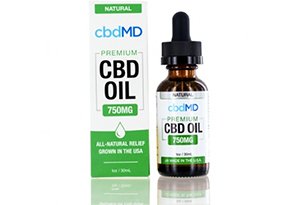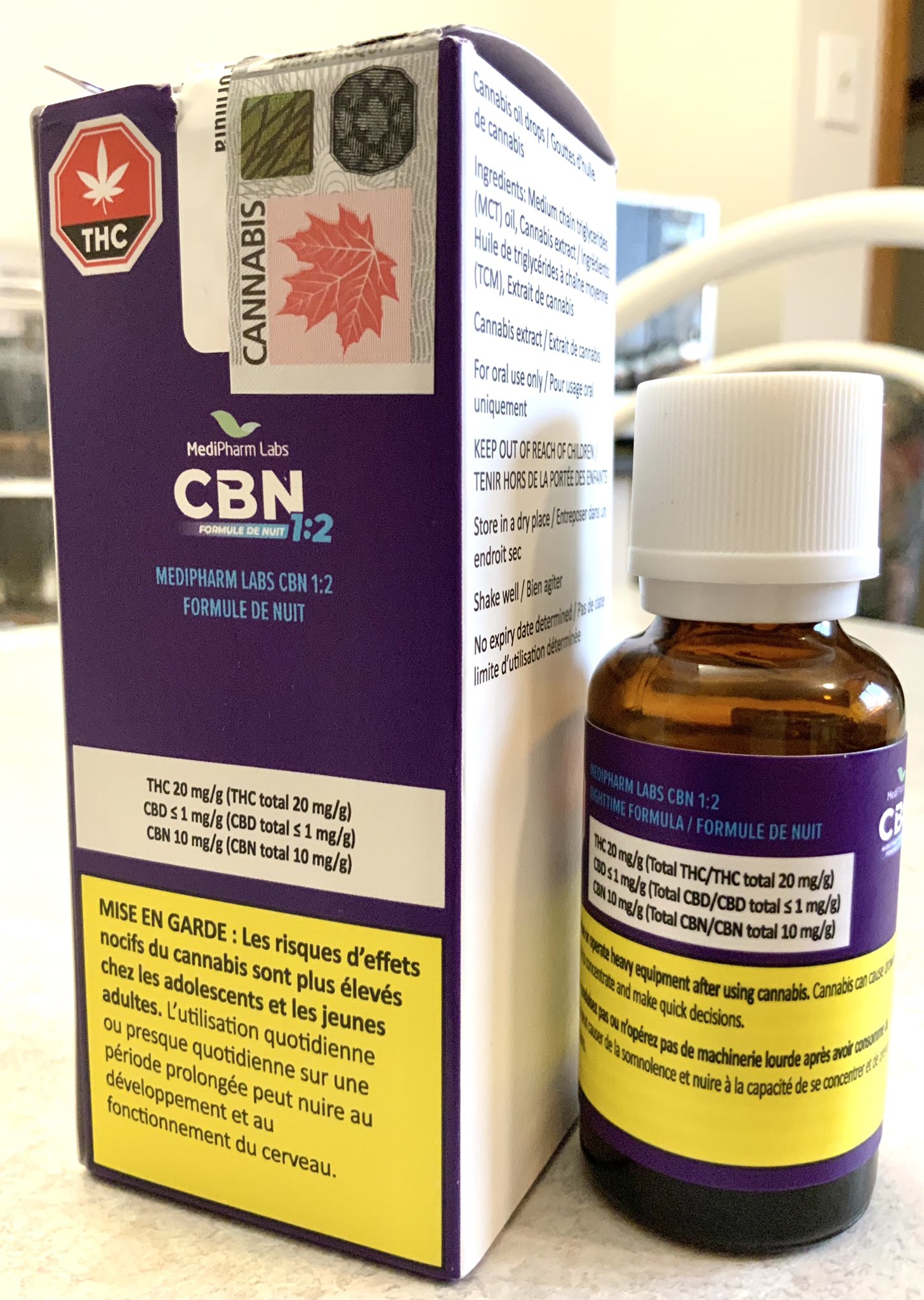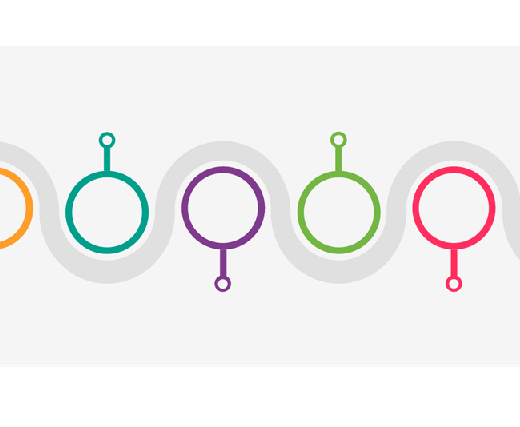
CBD pills are a convenient and discreet way to take CBD. These pills can be carried anywhere and concealable better than other CBD products. The pills are small enough to take with water. They are also easy to incorporate into your daily routine. They can even be worn while on the go and discreet enough not to draw attention.
Side effects
CBD has some potential side effects. Some of the risks relate to CBD's interaction with other medications. This review is intended to inform health professionals such as nurses, pharmacists, and clinicians about the potential risks associated with CBD.

Dosage
It is important to understand the contents of CBD pills if you are thinking about buying them. CBD pills typically contain CBD oil extract along with an inert carrier. They can be taken orally and are effective within 30 minutes to one hour. They are safe and popular among many people. However, it's always a good idea to consult your doctor before you start using these products.
Bioavailability
When choosing a CBD supplement, bioavailability should be considered. This is the percentage that CBD is absorbed in the body by a particular dose. The lower the bioavailability of CBD, the more CBD you will need to take in order to feel its effects. It is an important factor in determining the effectiveness and safety of a product.
Cost
You can choose from a range of prices for CBD pills. Full-spectrum products, which contain THC and other Cannabinoids are the most costly. Pure CBD products are made with CBD only and are cheaper.
Brands
If you are a CBD pill consumer, you may be wondering about the difference between some of the popular brands. There are many CBD pills available on the market that work, but not all of them are equally effective. It is important to note that each brand is made in a different way, and you should always make sure to read the label. Some brands are cruelty-free while others are made with humane practices.

Are you able to take too many?
Too many CBD pills can cause side effects. CBD is safe when used in small and effective amounts. There have been no reports of fatal overdoses. However, excessive consumption may lead to side effects, drowsiness, or other adverse reactions. It's best to consult a physician before consuming too much CBD.
FAQ
Which states consume the most CBD?
California, Colorado, Oregon, and Washington are the three top states. These states have large populations, high incomes, and low unemployment rates. They also have higher levels of hemp farming than other states.
California leads the way because its economy is heavily based on agriculture. It is home to a large amount of fruits and vegetables. This is because cannabis is from the same source as hemp.
Oregon and Colorado follow closely behind as both states produce medical marijuana. However, unlike California, these two states do not allow the recreational use of marijuana.
Other states that rank highly includes Washington, New York, Florida, Illinois, Pennsylvania, Mississippi, and Texas.
How can CBD products sold in a legally compliant manner by companies?
The FDA does not regulate hemp for its agricultural commodities. The Controlled Substances Act regulates other cannabis derivatives (e.g. pot). CBD is not covered by any regulations.
CBD is legal in 29 states. However it is still illegal under federal law. Businesses looking to sell CBD products are left in uncertainty.
The FDA also maintains strict guidelines on how CBD products may be marketed. For example, they must clearly disclose any product's THC content. Without supporting scientific evidence, CBD cannot be claimed to treat certain medical conditions.
The FDA also requires manufacturers to provide detailed information about their manufacturing processes and quality control measures. Companies are also required to participate in clinical trials in order to demonstrate safety and efficacy.
These factors are crucial for companies to consider when developing their marketing strategies.
How much CBD is required?
It all depends on the product you're purchasing.
The majority of CBD oils are available in strengths between 100mg and 1,000mg per bottle.
Some companies make CBD products with specific dosages, such as 25mg, 50mg, 75mg, and 100mg.
Charlotte's Web, for instance, produces CBD products that are high in CBD and other cannabinoids.
Start with a low dosage if you are unsure if CBD is right for you.
You can always climb higher.
What's the future for the CBD industry?
The future of CBD is bright. It is clear why so many people are getting on board with this industry. With CBD products accounting for over $1Billion in global consumer spending, it is easy to see how the market is growing exponentially.
According to Statista, worldwide sales of cannabidiol (CBD), are expected to hit $22.4 billion in 2019. That's almost 200% more than in 2018!
It is also expected that the CBD market will grow at a compound annual growth of 22.5%. That would translate to approximately $6.8 million in revenue by 2020.
This is great news both for those looking to enter the market as well as existing companies. The CBD market is still young and may face challenges.
Can CBD companies be a good investment?
It depends on what you're looking for in a solution to this question. They are great investments if you are looking to make money. However, if you are just looking to help others, I would say no. There are many other options available without spending $20k.
Where can you buy CBD products
CBD can be purchased online or in local shops. Online retailers tend to offer better deals. Many websites offer CBD products that are made from industrial hemp. This product contains less than 0.3% THC.
Look for local businesses that sell CBD products.
Many states now have laws allowing consumers to buy CBD products without a prescription. CBD products might be available for purchase at your local pharmacies if you're a resident in one of these states.
CBD products may be delivered right to your doorstep.
Statistics
- OralWhere HED is the human equivalent dose, and Km is a correction factor estimated by dividing the average body mass (BM) of the species (60, 0.020, and 0.150 kg for 11 humans, mice, and rats, respectively) and by its surface area (see: Nair et al. (ncbi.nlm.nih.gov)
- A recent systematic review of human trials also reported that individuals with epilepsy receiving CBD (5–20 mg·kg−1·day−1) were more likely to experience decreased appetite than those receiving placebo (i.e., ~20 vs. 5% of patients) (ncbi.nlm.nih.gov)
- A recent study [161] also found that in vitro CBD treatment (i.e., ≤ 2 h exposure to 10 μM) induced ~40% vasorelaxation in isolated (pre-constricted) (ncbi.nlm.nih.gov)
- CBD seems unlikely to directly influence sleep in healthy humans [115] (and maybe “sleep-promoting” in those with certain comorbid conditions) (ncbi.nlm.nih.gov)
- however, one study also found that these effects were virtually abolished when the original media (a nutrient broth agar) was replaced with one containing 5% blood (increasing the minimum concentration to ~160 μM CBD) [179]. (ncbi.nlm.nih.gov)
External Links
How To
What are the main issues with the CBD industry.
The market for CBD products is expanding at an astounding rate. There are many hurdles businesses face when trying to enter the CBD market. There are many challenges facing businesses looking to enter this space, including low consumer awareness, high costs of entry and limited access to capital.
Many people are not aware of what CBD is, or how it functions. They are unable to make an informed decision about buying CBD products.
As a result, most CBD companies rely heavily on word-of-mouth marketing. This is costly, as it requires advertising and the hiring of staff to promote their brand.
Another issue facing new entrants into the CBD industry is the high cost of production. High prices are a major problem for CBD products because of the high cost of raw materials. CBD oil can only be made if hemp is grown in the right climate and soil conditions.
For CBD oil to be produced, you need to plant enough hemp. This costs about $1,000 an acre. Because of this, many small farmers are unable to afford to grow enough hemp for CBD oil.
The lack of capital access is another obstacle new entrants to the CBD market face. Because of the stigma associated with this industry, many people are discouraged from opening a business.
There is also regulatory uncertainty around the sale of CBD products. There are currently no guidelines on how CBD products should marketed.
Some states have passed legislation restricting the sale of CBD products, but this has yet to become national policy.
So far, only two states - Maine and Nevada - have legalized recreational marijuana.
Massachusetts and Michigan, however, are exploring similar options.
These changes could result in increased competition between CBD manufacturer.
These factors lead to many entrepreneurs choosing to work from their home instead of starting a physical company.